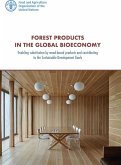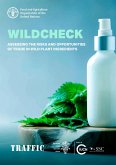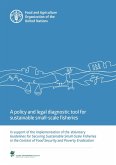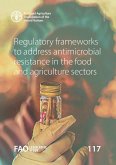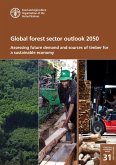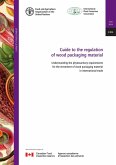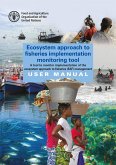There are growing demands for countries to develop national timber traceability systems. These demands range from a country's own needs to track timber and collect associated revenues consistently, to international demands for due diligence regarding the legality of the timber for imports, and in some cases where a country has entered into a Voluntary Partnership Agreement (VPA) with the EU. In response, many countries have made considerable efforts to develop national systems which track timber flow from producer through processing, to the point of sale, and there are different approaches and tools available for doing this. This report aims to document lessons and best practices in the planning of government-led timber traceability systems in Latin America to provide a reference for government officials in other countries who are tasked with developing and implementing similar systems. It also seeks to help other audiences recognize that traceability is global trend and is becoming a new norm for conducting business and trade in international wood markets. The report focuses on experiences in Latin America where governments have proactively implemented traceability systems and demonstrated a relatively high capacity in doing so, leveraging technologies and equipment to respond to the unique needs of their countries. As many of these of systems are modular, successful and relevant elements can easily be transferred from one context to another and adapted to suit the needs of those tasked with designing similar systems.
Dieser Download kann aus rechtlichen Gründen nur mit Rechnungsadresse in A, B, CY, CZ, D, DK, EW, E, FIN, F, GR, H, IRL, I, LT, L, LR, M, NL, PL, P, R, S, SLO, SK ausgeliefert werden.



